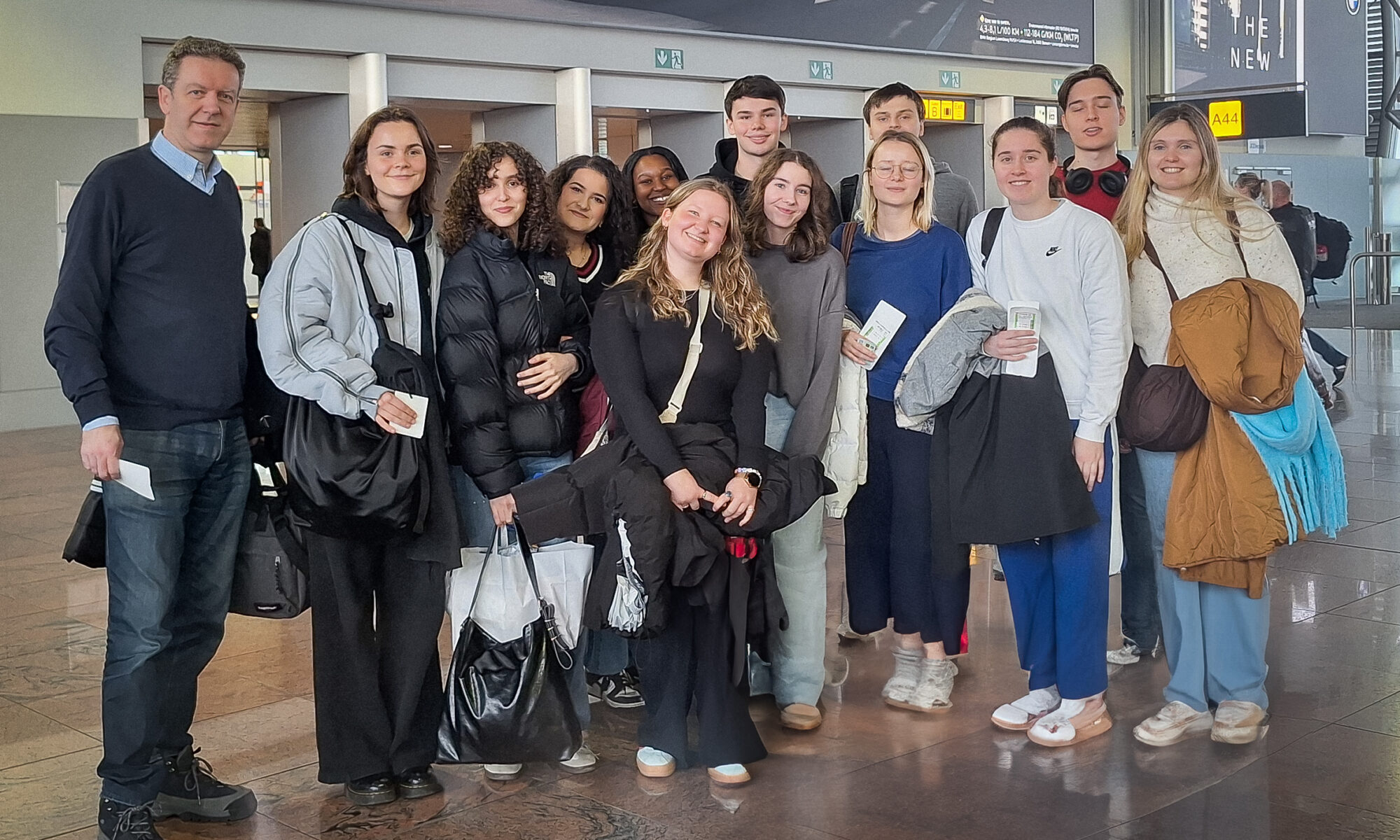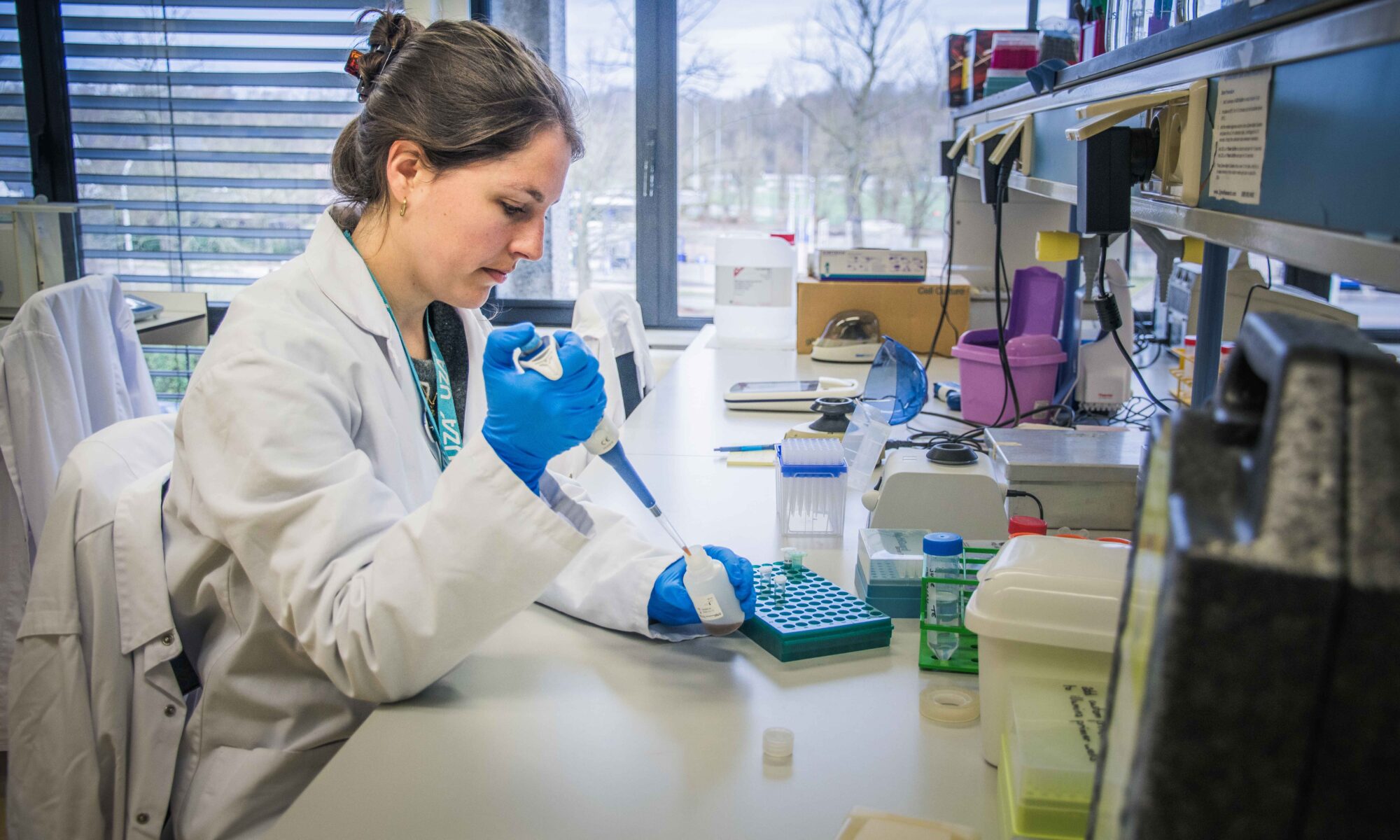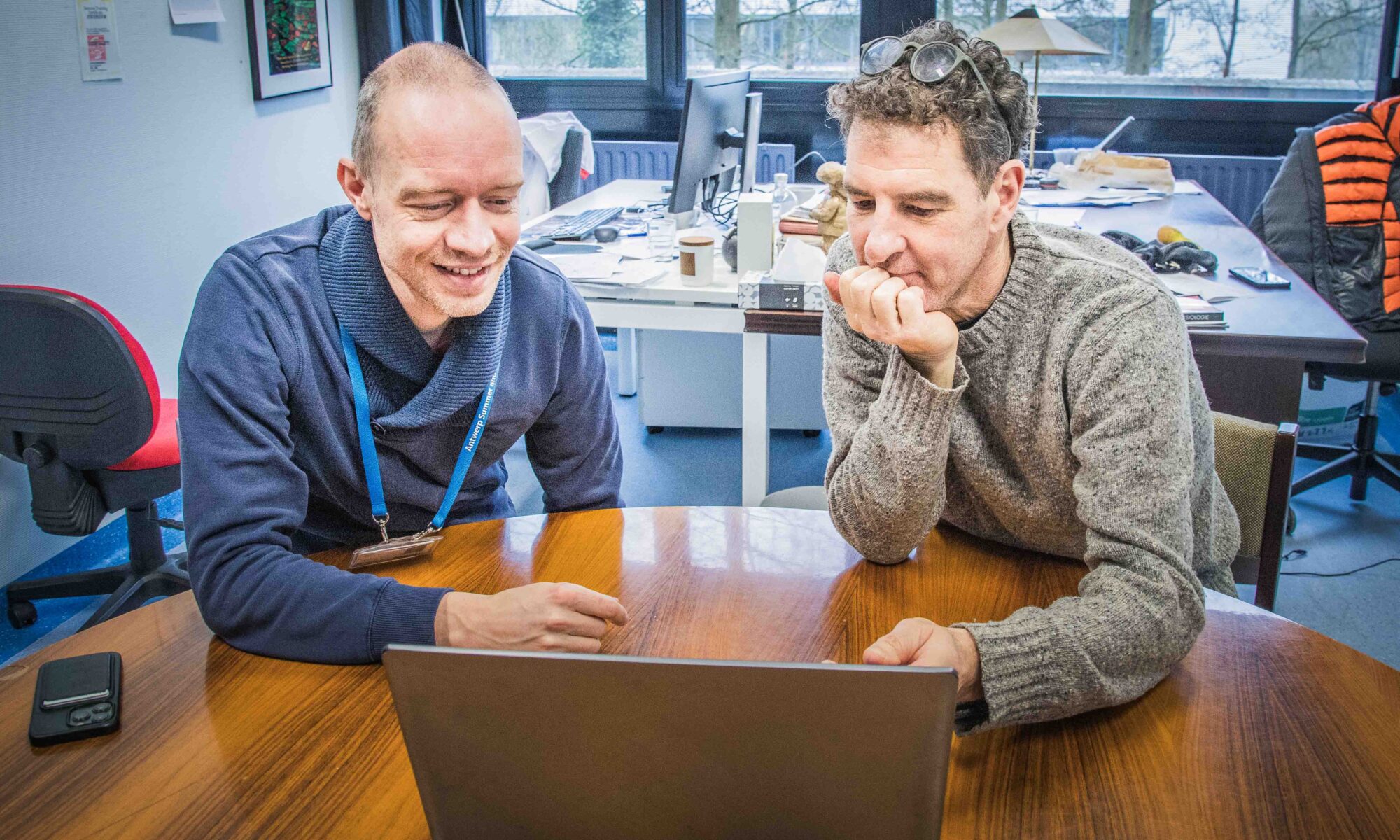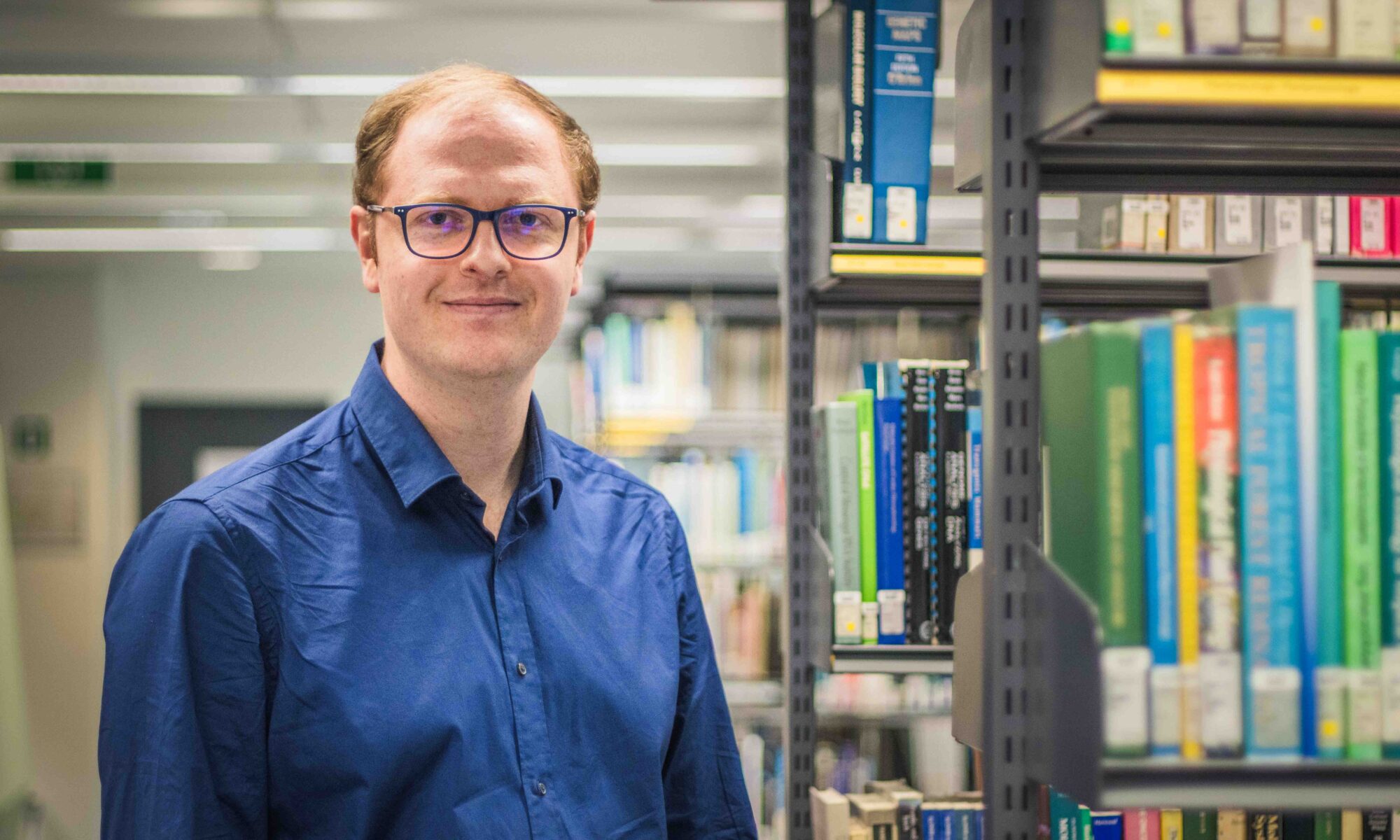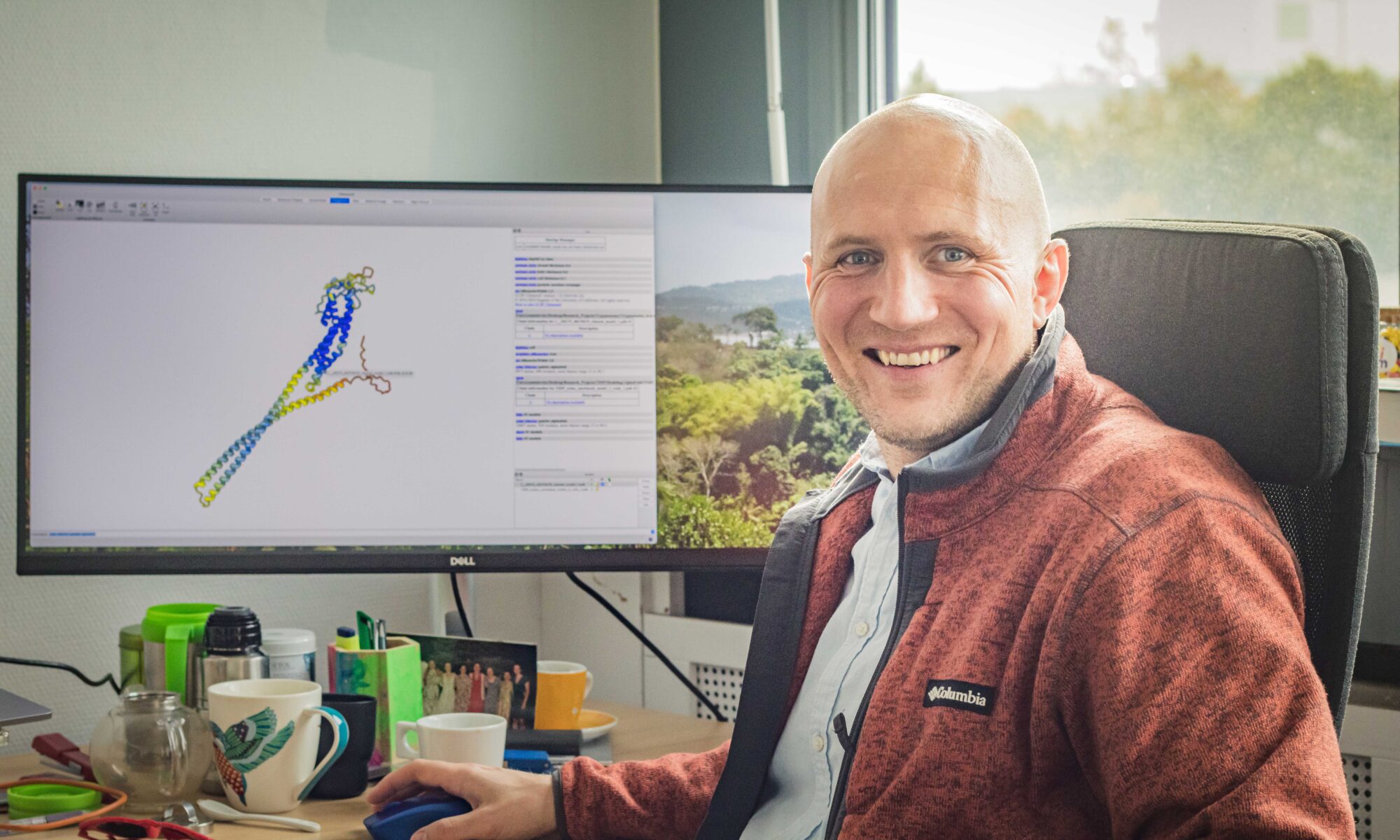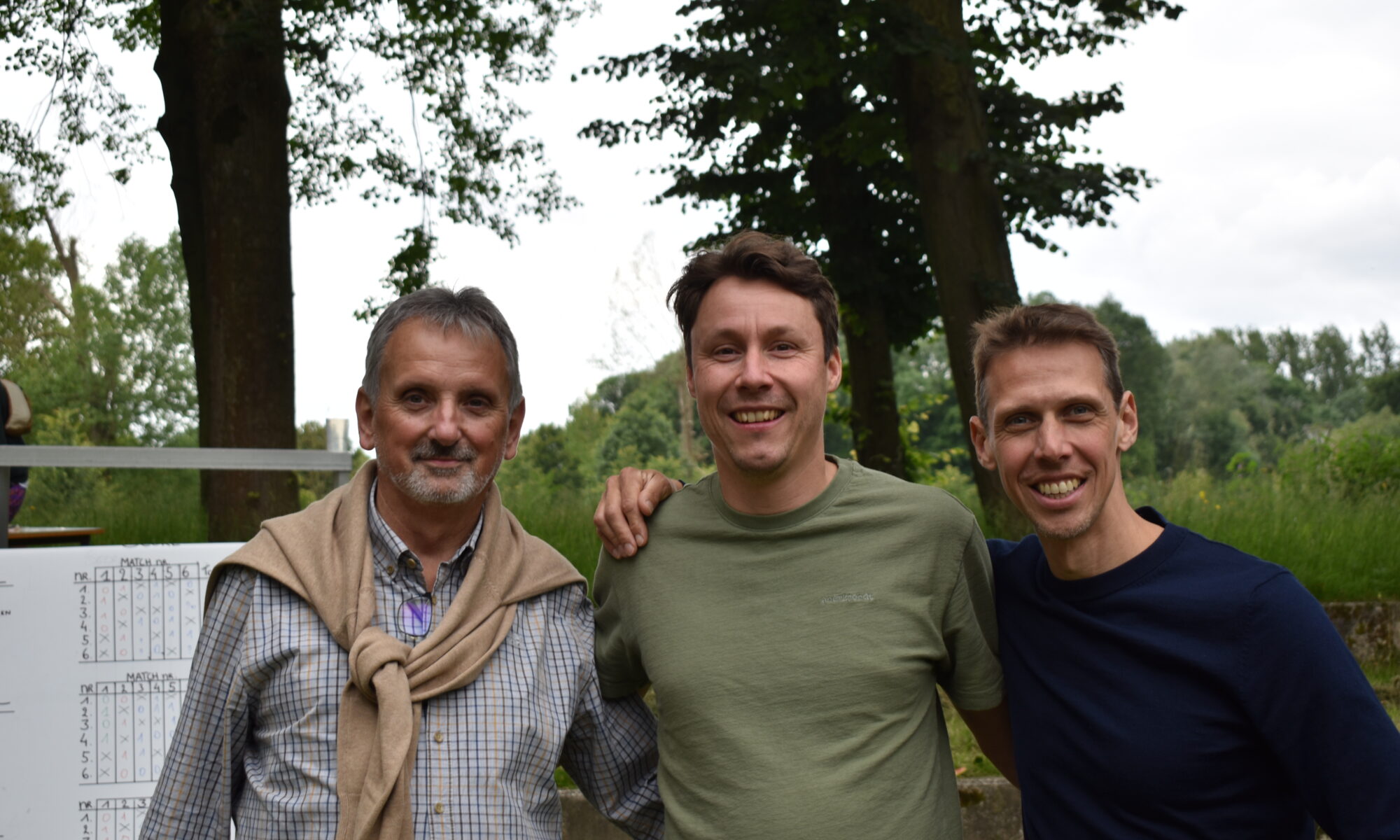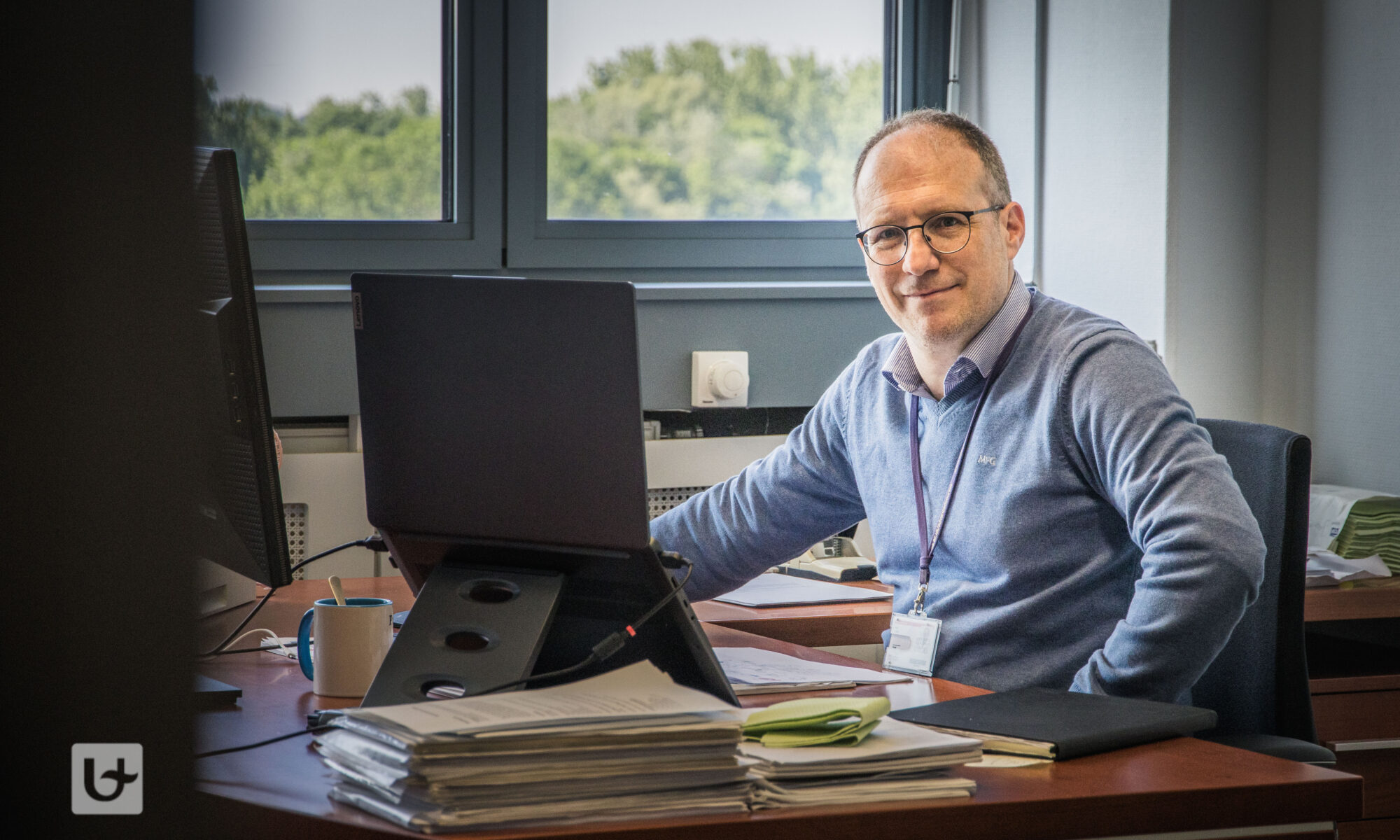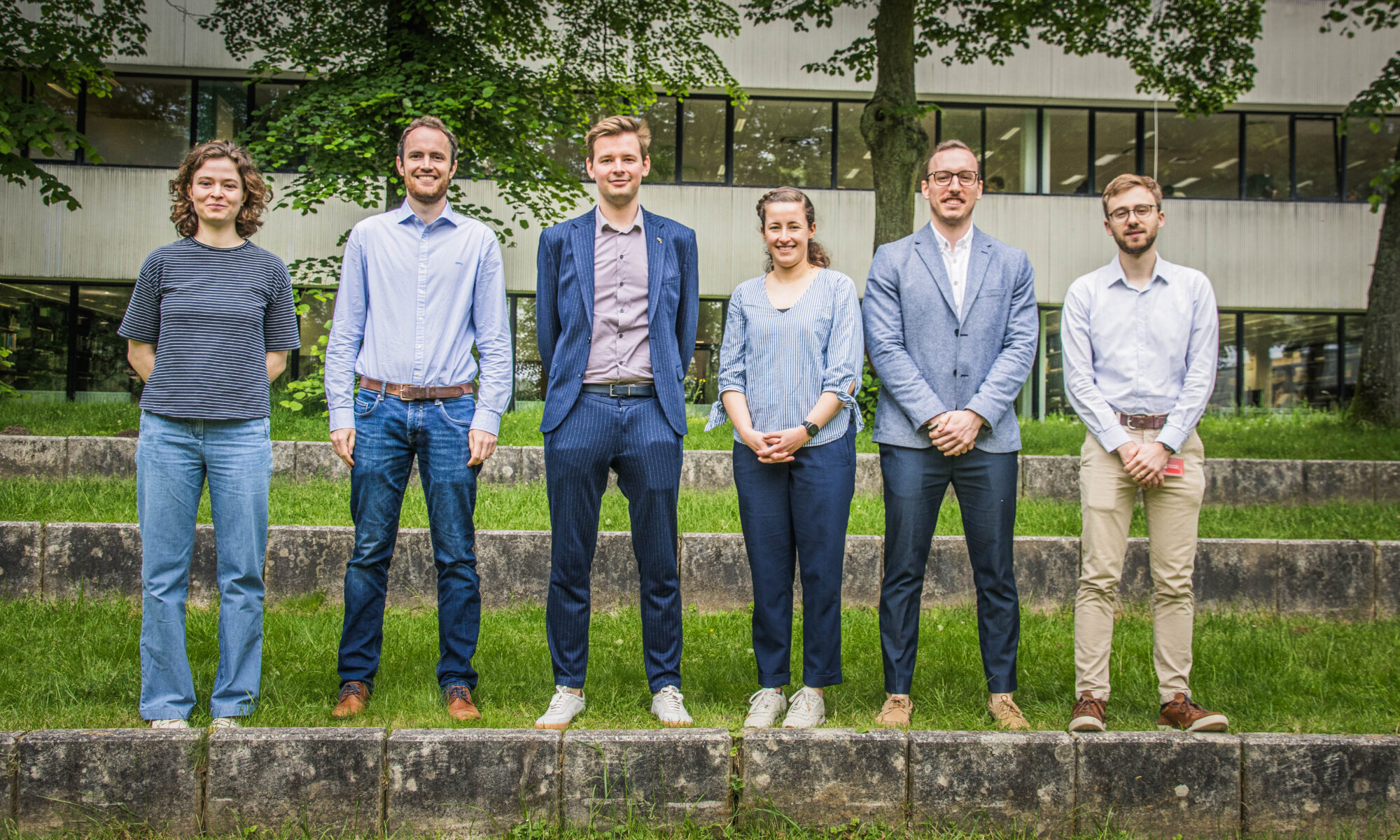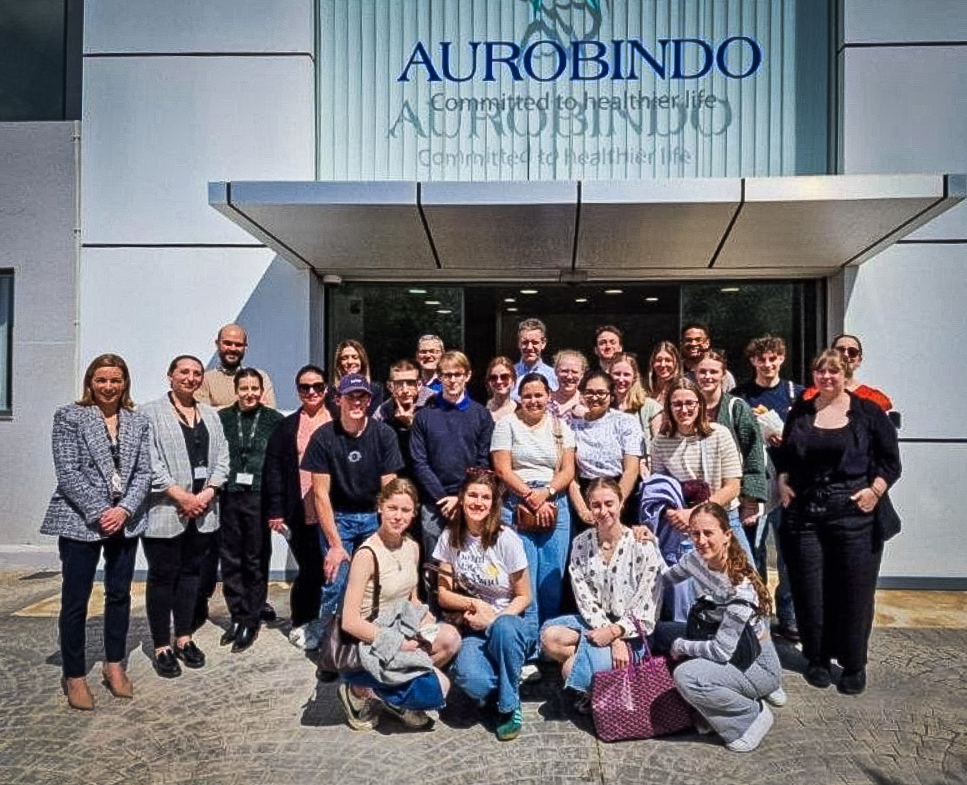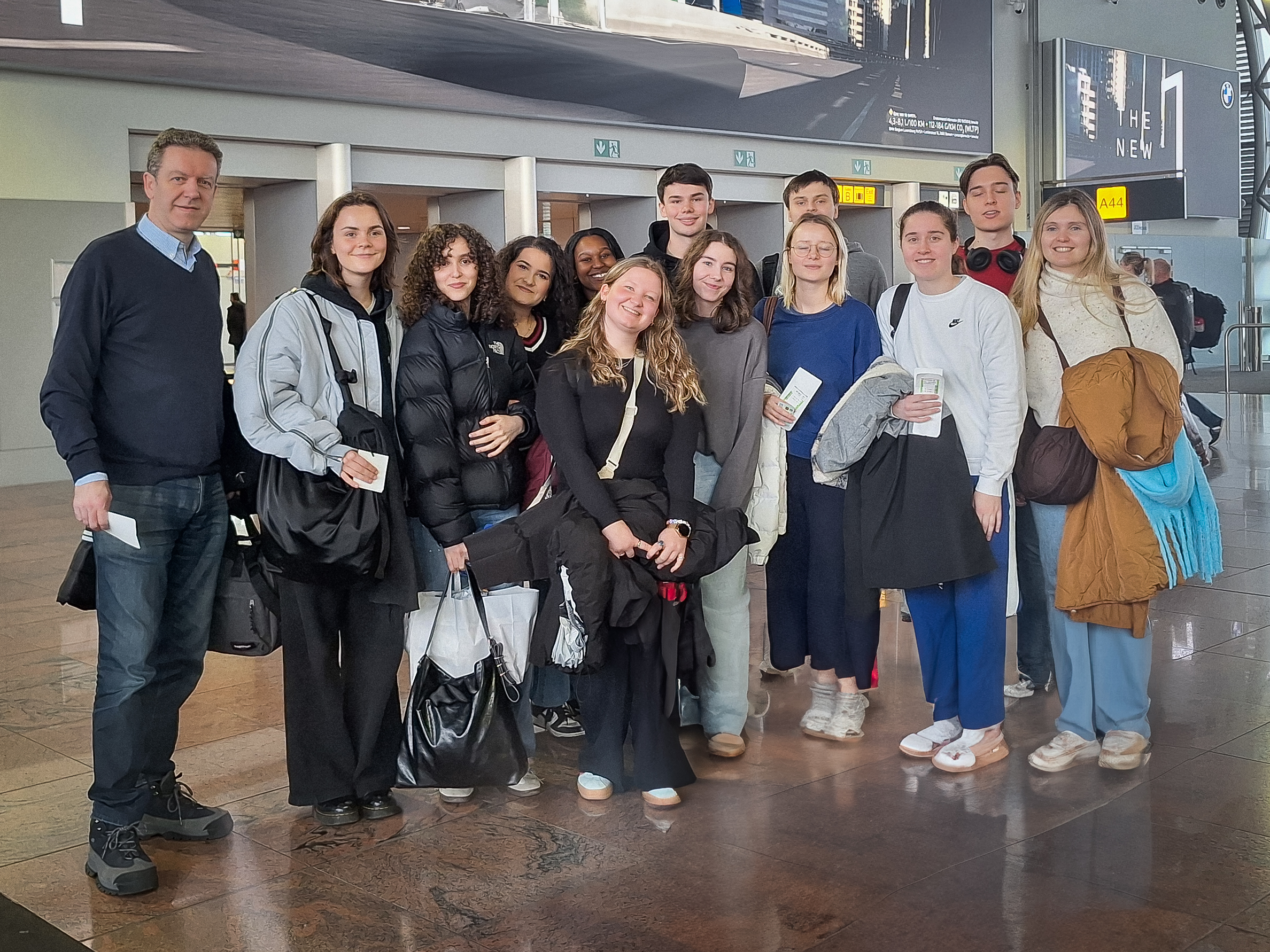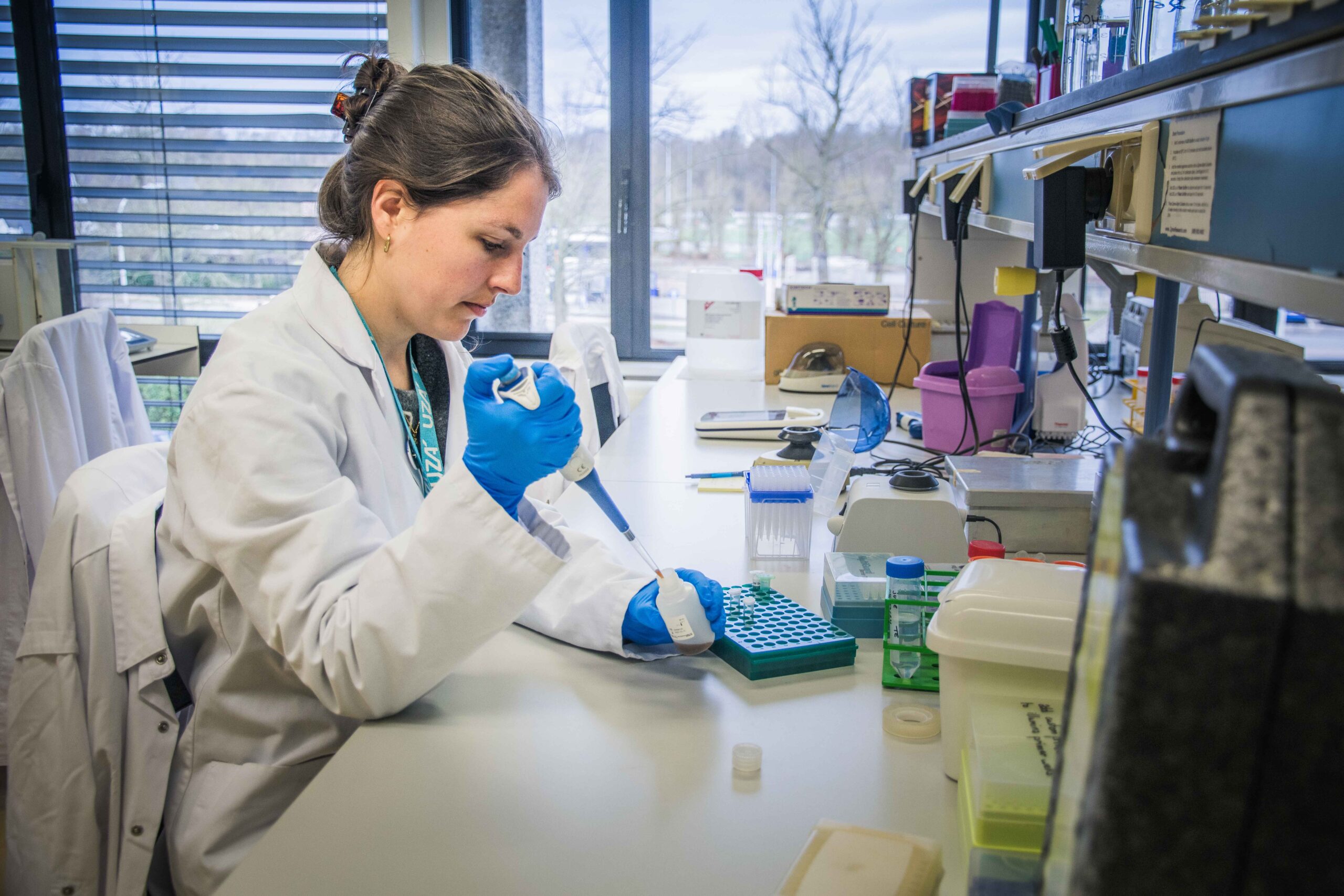Ieder jaar reizen de studenten van de derde bachelor farmaceutische wetenschappen een week naar het buitenland in het kader van de Internationale Inleefdagen. Dit jaar ging de reis naar Kuopio in Finland.
We vroegen aan Sofie Wyckmans, student farmaceutische wetenschappen aan de Universiteit Antwerpen, om haar ervaringen neer te pennen.
Filter
Neuro-endocriene neoplasieën (NEN), soms wel de zebra’s onder de kankers genoemd, is een heterogene groep tumoren die nog te vaak onopgemerkt of verkeerdelijk gediagnosticeerd wordt. ‘Gemiddeld duurt het 5 tot 7 jaar vooraleer patiënten een correcte diagnose krijgen’, legt doctoraatsonderzoeker Laura Mariën uit.
Love actually happens less in your heart and more in your brain, where various neurotransmitters (brain chemicals) and hormones come into play.
Dagelijks krijgen 46 Belgen de diagnose chronisch hartfalen. Wetenschappers breken zich al jaren het hoofd over nieuwe behandelingen tegen de ziekte. Onderzoekers van de Universiteit Antwerpen, samen met collega’s uit Gent, Leuven en Leiden, hebben nu voor een doorbraak gezorgd.
Krijgen patiënten die ChatGPT gebruiken om medische informatie op te zoeken wel correcte informatie? Deze simpele, maar erg belangrijke vraag stelde Branco De Busser zich in zijn masterthesis in de farmaceutische wetenschappen.
Seas and oceans harbor countless undiscovered treasures. One of these is the seagrass Thalassia, specifically the species Thalassia testudinum. Long recognized for its ecological importance, this marine plant serves as a vital food source for creatures like sea turtles and plays a key role in protecting vulnerable Caribbean coastal ecosystems. Recently, scientists have discovered that Thalassia contains significant anti-carcinogenic compounds, capturing the attention of researchers and marine science biomedical institutes.
Serpil, Sevgi en Fatma Degirmenci. Drie zussen, alle drie afgestudeerd aan de Universiteit Antwerpen. Serpil en Sevgi in de farmaceutische wetenschappen, Fatma in de biomedische wetenschappen. Na hun studies kozen ze er alle drie voor om ook de educatieve master in de gezondheidswetenschappen te volgen.
This year’s Nobel Prize in Chemistry is awarded to David Baker (University of Washington, Seattle, USA), Demis Hassabis, and John Jumper (Google DeepMind, UK) for their work on developing Rosetta (Baker) and AlphaFold (Hassabis and Jumper). These open-source software tools enable researchers worldwide to go from an amino acid sequence to a 3D structure of a protein with just one mouse click.
A new study by Dr. Peter Verstraelen, Prof. Jean-Pierre Timmermans and Prof. Winnok De Vos from the Laboratory of Cell Biology has revealed novel insights into how gut bacteria might influence our immune system and brain health.
Recent research by Prof. Guy Caljon and Dr. Laura Dirkx found that Leishmania parasites can enter a dormant state in bone marrow stem cells, making them resistant to drugs. This highlights the need for new treatments to target this phase and improve leishmaniasis management.
The Department of Pharmaceutical Sciences recently showcased the innovative research of its Ph.D. students during their annual departmental research day. This event highlighted a diverse array of projects, reflecting the department’s commitment to advancing scientific knowledge and improving public health.
Ieder jaar reizen de studenten van de derde bachelor farmaceutische wetenschappen een week naar het buitenland in het kader van de Internationale Inleefdagen. Dit jaar ging de reis naar Malta, waar ze een bezoek brachten aan de Universiteit van Malta, een kijkje namen achter de schermen van apothekers en verschillende bedrijven bezochten.
Most read
[wpp limit=4 thumbnail_width=200 thumbnail_height=132 cat=’-17′ post_type=’post’ post_html=’
]

